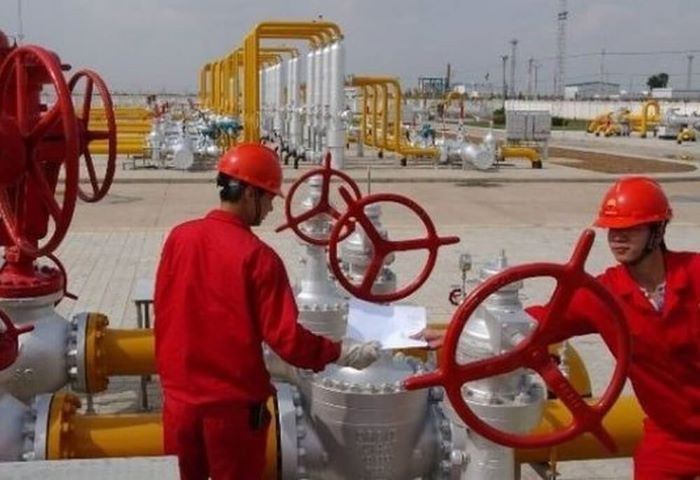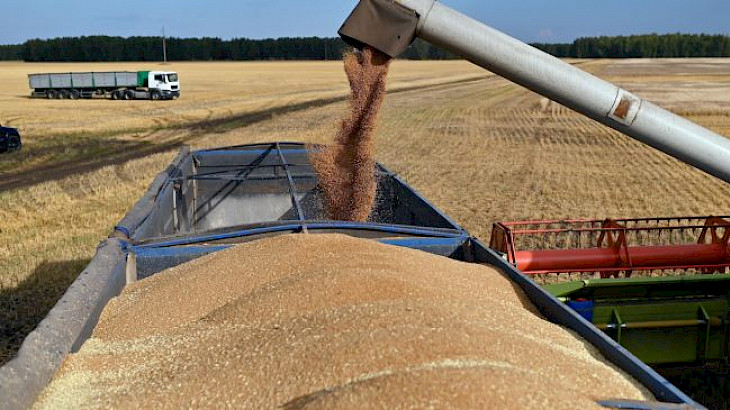
Gas supply will be increased to 65 billion cubic meters; Kazakhstan will increase grain exports to China.
Ashgabat | Astana
Turkmenistan and Kazakhstan, two Central Asian States, are enhancing the supply of gas and grains to China under the agreements signed recently by the officials of these countries.
Turkmenistan supplies China with up to 40 billion cubic meters of natural gas per year. The volume of annual gas supplies through the Turkmenistan-Uzbekistan-Kazakhstan-China pipeline is about 40 billion cubic meters per year.
This was announced by the Deputy Chairman of the State Concern “Turkmengas” Myrat Archaev, speaking at the International Scientific Conference “Energy Prospects, New Technologies and Environmental Aspects of the Development of Hydrocarbon Fields”, held in Ashgabat the day before, Central Asian Light reported quoting the Turkmenportal.tm
“Three lines of the transnational gas pipeline Turkmenistan-Uzbekistan-Kazakhstan-China, put into operation in December 2009, supply about 40 billion cubic meters of gas per year,” said Archaev.
According to Archaev, China is the largest importer of Turkmen natural gas. And in the future, the annual volumes of these supplies will be increased to 65 billion cubic meters.
An earlier report says Kazakhstan will increase grain exports to China.
 Kazakh Minister of Agriculture Yerbol Karashukeev was quoted as saying by Kazinform that ‘as part of the implementation of the agreements reached during the recent visit of the Head of State to China, we are working to expand the export of grain processing products to China and include new companies in the register of suppliers.’
Kazakh Minister of Agriculture Yerbol Karashukeev was quoted as saying by Kazinform that ‘as part of the implementation of the agreements reached during the recent visit of the Head of State to China, we are working to expand the export of grain processing products to China and include new companies in the register of suppliers.’
Karashukeev said in the Senate of Kazakhstan that State support measures are being taken to stimulate businesses in opening new industries through investment subsidies of up to 25% of the costs for the construction and modernization of enterprises for deep processing of grain crops, subsidizing the interest rate on loans, allocating soft loans to replenish working capital within the framework of the “economy of simple things”, tax incentives in the form of a 70% reduction in VAT, as well as reimbursement of transportation costs for exports up to 30%.
“In the current year, the implementation of 11 investment projects with a total capacity of 58,000 tons of cereals and pasta and 21,000 tons of starch products has begun,” the minister added according to a report by Central Asian Light.
____________
Courtesy: Central Asian Light